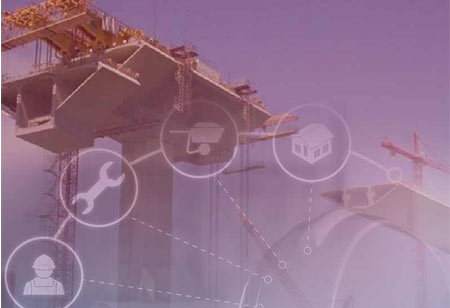Thank you for Subscribing to Healthcare Business Review Weekly Brief
Technological Innovations Optimizing Elder Care

Be first to read the latest tech news, Industry Leader's Insights, and CIO interviews of medium and large enterprises exclusively from Healthcare Business Review
Thank you for Subscribing to Healthcare Business Review Weekly Brief

By
Healthcare Business Review | Friday, July 01, 2022
Stay ahead of the industry with exclusive feature stories on the top companies, expert insights and the latest news delivered straight to your inbox. Subscribe today.
Technological advancements have enhanced elderly care and enabled caregivers to provide their services efficiently.
FREMONT, CA: Recent years have seen that the pandemic has significantly impacted aged care, creating new methods of care in general and advancing the several patterns that have been gaining momentum over the past few years. Sadly, the duration of effort required for institutions to continue offering the best treatment during the outbreak has left limited time for maintaining with emerging advancements in the business, which is disappointing news for medical decision-makers and older patients.
With technological evolution, medical care has been enhanced in many ways. Let us look at the following trends.
Telemedicine: The global pandemic significantly expedited telemedicine because it allowed for healthcare delivery while complying with the guidelines for lockdowns and social seclusion. Telemedicine will globally fill the gaps brought by the care staffing issue due to the increased demand for senior care services and its capacity to address clients' medical needs at scale. The amount of in-person professional medical care a patient might receive is reduced, which is a trade-off for what appears to be a great approach to ease pressure on caregivers working in elderly care. Healthcare decision-makers will need to weigh telemedicine's benefits against its disadvantages carefully.
Check Out This: Eldercare Review
Monitoring solutions: Monitoring systems in aged care are essential because optimal elderly care depends on having reliable information to work. Although the usage of devices like motion sensors is widespread in residential and hospital environments, they are only adequate for essential patient monitoring.



